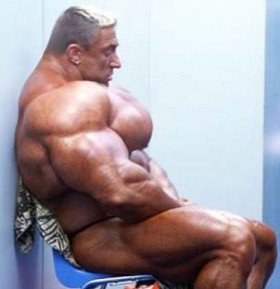
This past week a good strength coach friend of mine from a major BCS school called me complaining about the Athletic Trainer that cared for the team that she coordinated the performance training for asking me if I thought teaching and training a body weight squat was contraindicated in an athlete’s progression back to sport after ankle surgery. Apparently the athletic trainer told her that the athlete was not to do ANY lower extremity work in the weight room, even though she was weight bearing without crutches and performing about 100 heel raises daily in her rehab plan.
I told her I didn't think so but then asked her if she had ever put on an in-service for the athletic trainers on what exercises and progressions they used in the weight room to safely return athletes back to activity.
…. Long pause….. “But that’s not my job.”
A few days later an old athletic trainer friend emailed me asking me how many female soccer athletes we had with stress fractures this season. I told him none and he went off about how the strength coach at his institution “just didn’t get it and was causing all the stress fractures.” I asked him if he evaluated the soccer team for hip and ankle dysfunction prior to the year to see if they were “qualified” to do take on the training program.
….. long pause…… “But that’s not my job.”
If it’s not your job, then whose job is it?
Unfortunately, when we make it someone else’s job and fail to make the initial investment needed to help our athletes we only end up making more work for ourselves. You may 'lose' the argument with the athletic trainer or strength coach that day, but the only one that really ends up losing is the athlete stuck in the middle.
Art Horne is the Coordinator of Care and Strength & Conditioning Coach for the Men’s Basketball Team at Northeastern University, Boston MA. He can be reached at a.horne@neu.edu.






